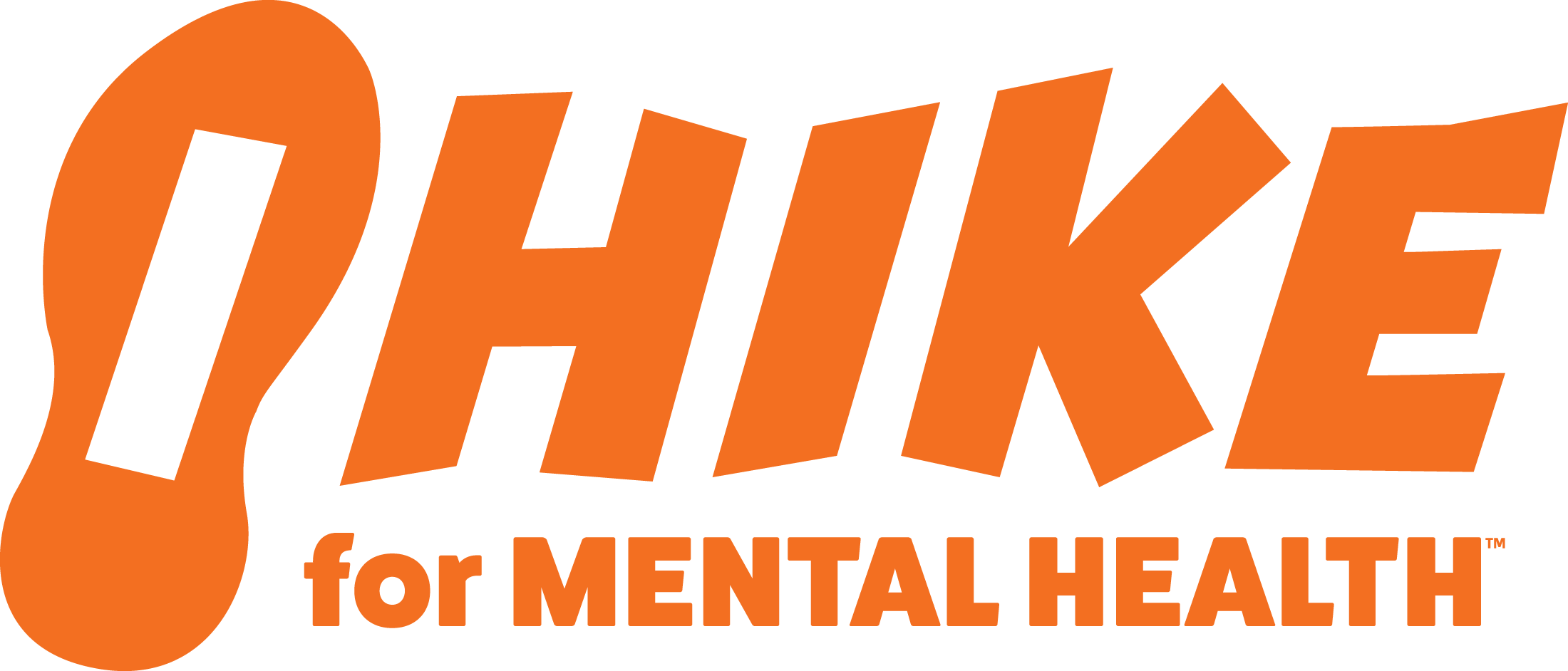Back to School Series: School Professionals
We hope you have enjoyed our Back to School series. This will be the last article in the series. If you have not read the other articles, you can find them here. This article will highlight some of the school professionals that work with children who may be having adjustment, learning, or health concerns, including mental health.
Teachers
If you are concerned about your child or simply have some general questions about their learning or school performance the best place to start is with their teacher. Teachers have a wealth of knowledge and experience. They can help answer questions and guide you to next steps if needed. Parents.com identifies four tips to starting a conversation with your child’s teacher.
- Make an appointment: This allows both you and the teacher to have enough time to discuss your concerns. Trying to have a meaningful conversation when the teacher is engaged in other duties, such as at drop off or pick up, will make it difficult and not allow for the focus and privacy that is needed.
- Organize your thoughts: Write your thoughts down and bring your notes with you to the meeting. Have questions ready that you would like answered.
- Communicate effectively: A dialogue or conversation is a back and forth. Take the time to listen to what the teacher is saying and the recommendations they have for addressing your concerns.
- Discuss next steps: Work with the teacher on next steps. As a parent you may have a role in addressing the concerns with small tangible goals or action steps. Consider setting up a follow-up appointment.
The teacher may recommend another school professional for your child to work with or for you to communicate with. Some of these are identified below with a description of the work they do.
School Psychologists
Most schools or districts have school psychologists on site. School psychologists have a unique set of training and skills. According to the National Association of School Psychologists School psychologists
apply expertise in mental health, learning, and behavior, to help children and youth succeed academically, socially, behaviorally, and emotionally. School psychologists partner with families, teachers, school administrators, and other professionals to create safe, healthy, and supportive learning environments that strengthen connections between home, school, and the community.
School psychologists specifically help to improve academic achievement, promote positive behavior and mental health, support diverse learners, create safe and positive school climates, strengthen school-family partnerships, and more. You can learn more about their role and training by visiting the linked website.
School Counselors
School counselors are also in most schools. Their role, according to Schoolcounselor.org, is to help all students with academic achievement, interpersonal skills, managing emotions, and post high school plans. Specifically,
School counselors design and deliver school counseling programs that improve student outcomes. They lead, advocate and collaborate to promote equity and access for all students by connecting their school counseling program to the school’s academic mission and school improvement plan.
Their duties include developing individual goal setting with students, providing short-term counseling to students, collaborating with families, teachers, administrators, and community members to promote student success, and more. To learn more about the role of the school counselor, visit the linked website.
School Social Worker
While every school might not have a social worker, most do. The role of the school social worker and other information about this profession can be found on the School Social Worker of America website. School social workers often work with students who are having behavioral and/or mental health concerns. According to the association,
School social work is a specialized area of practice within the broad field of the social work profession. School social workers bring unique knowledge and skills to the school system and the student services team. School Social Workers are trained mental health professionals who can assist with mental health concerns, behavioral concerns, positive behavioral support, academic, and classroom support, consultation with teachers, parents, and administrators as well as provide individual and group counseling/therapy.
Specifically, school social workers provide individual or group counseling, provide crisis intervention, work with families and community liaisons to support students, develop intervention plans, and more. Visit the website linked to learn more about the services a school social worker can provide.
School Nurse
School nurses are in most schools and districts. They are critical in providing the health care that students need. According to the CDC 40% of school-aged children have at least one chronic health condition. School nurses may be the first to identify some of these health conditions. They often manage medications and other treatments that are needed during the school day. In addition, school nurses are involved in the mental health needs and treatment of students. According to the National Association of School Nurses
Mental health challenges for students K-12 have increased significantly in the past several years. School nurses are frontline healthcare professionals, and frequently are the first school staff to identify students with symptoms of stress, anxiety, depression, and other behavioral health challenges. School nurses work in collaboration with other school healthcare professionals and community providers to support upstream approaches to improve the mental wellbeing of students.
The National Association of School Nurses has many resources available on their website. To learn more about the school nurse’s role, visit their linked website.
Summary
The school professionals summarized above can help support your child and teen in school. The resources provided in this article will help answer additional questions you may have about each role. Each organization’s website has additional information that may interest you. Thank you for reading our Back to School Series. If you have any comments or recommendations for future articles, please let us know. Enjoy the school year!!


Comments
Back to School Series: School Professionals — No Comments
HTML tags allowed in your comment: <a href="" title=""> <abbr title=""> <acronym title=""> <b> <blockquote cite=""> <cite> <code> <del datetime=""> <em> <i> <q cite=""> <s> <strike> <strong>